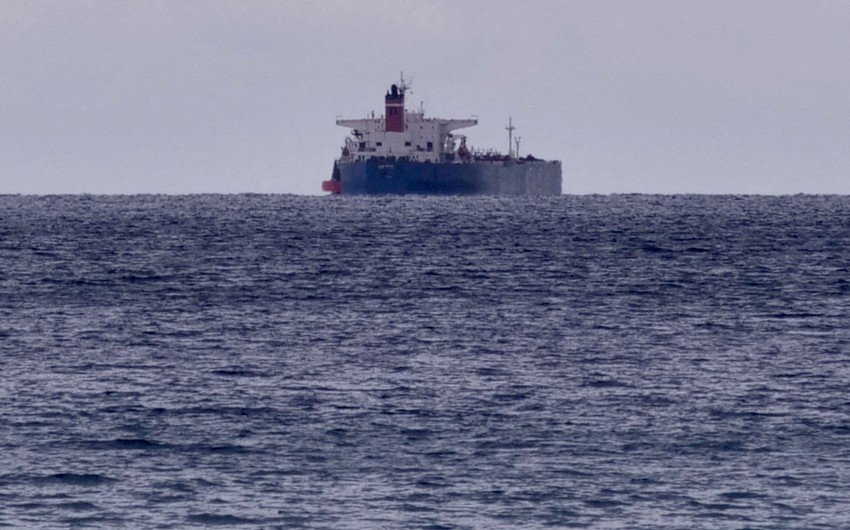In response to escalating regional conflicts in the Middle East, the US Maritime Administration has issued a new advisory to shipping that enhances previous guidelines for US-flagged commercial ships navigating through high-risk areas including the Southern Red Sea, Bab el Mandeb Strait, and the Gulf of Aden, as well as the Strait of Hormuz and surrounding waters, Ednews informs via gCaptain.
The comprehensive new guidance, which replaces a previous advisory, comes in response to the volatile maritime security situation in the region from a combination of Houthi attacks from Yemen.
Despite efforts by the US and its allies to safeguard these waters through operations like the US-led Operation Prosperity Guardian and EU’s Operation Aspides in the Red Sea/Gulf of Aden, along with EU’s Operation Atalanta off the coast of Somalia, these efforts have so far been ineffective at ensuring the free flow of commerce in the region, particularly in regards to the Red Sea.
Notably, one of the new recommendations advises that vessels turn off their Automatic Identification System (AIS) transponders to reduce the risk of being targeted, especially in areas where the threat from Houthi forces is most significant.
Since November, the Houthi terrorist group has targeted dozens of ships with perceived affiliations with Israel, the US, and the UK in support of Palestinians “under siege” in Gaza.
Piracy also continues to be a persistent threat to shipping, with recent incidents of boardings and hijackings in the Gulf of Aden, Arabian Sea, and Indian Ocean, including the hijackings of the commercial ships Ruen and Abdullah. The advisory recommends adherence to the Best Management Practices to Deter Piracy (BMP5) and consulting the Maritime Global Security website for pre-operation guidance.
The advisory also warns about unmanned aerial vehicles (UAVs) and limpet mines that pose a threat to commercial ships in areas including the Persian Gulf, Strait of Hormuz, Gulf of Oman, and Arabian Sea. Crewmembers are advised to relocate to a safe space on the vessel if a UAV is suspected. Limpet mines, which can be attached to vessel hulls, have been used to damage commercial ships in recent years.
Another significant development included in the advisory is the creation of the Red Sea/Gulf of Aden Joint Maritime Information Center (JMIC). The advisory describes this as a collective effort aimed at providing updated threat assessments and incident reports to improve response coordination.
The advisory emphasizes the importance of vigilance and the implementation of security measures onboard, including maintaining a proper lookout, preparing for emergency responses, and adhering to US Coast Guard guidelines for operating in high-risk waters.
The updated guidance from the US Maritime Administration underscores the evolving security challenges in these critical Middle East waterways and takes a comprehensive approach, learning from past incidents, to improve maritime safety in the region through international cooperation.










